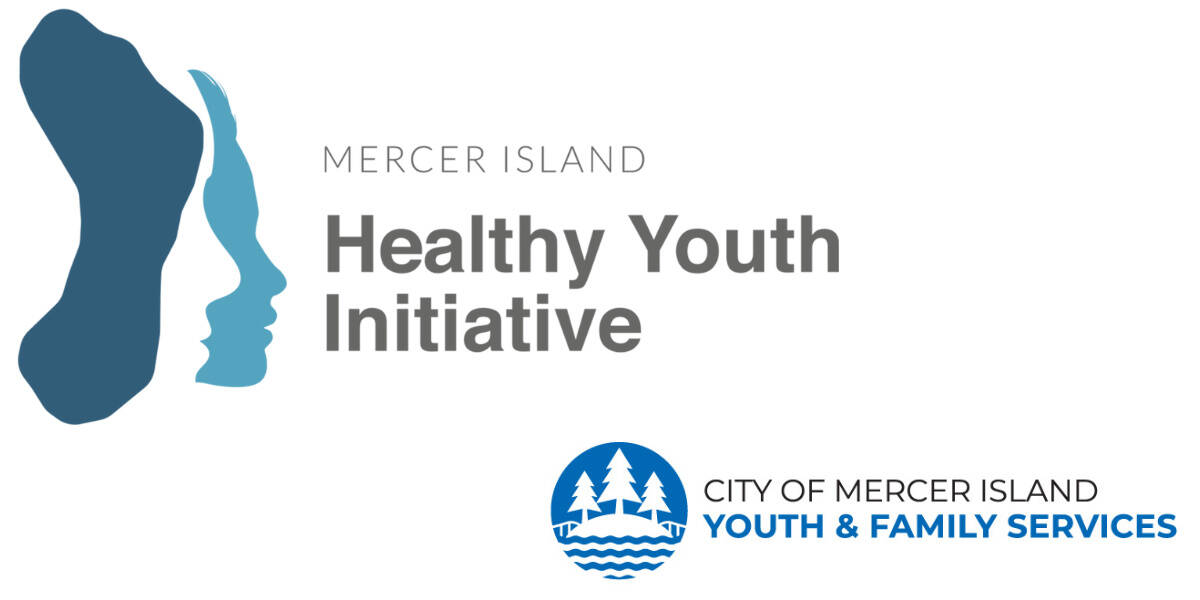Discussing suicide is never easy and it can be an emotionally challenging topic to address for people, according to Michelle Ritter and Chris Harnish of the Mercer Island Youth and Family Services (MIYFS) department.
In its continued partnership with the University of Washington’s Forefront Suicide Prevention, MIYFS utilized the program’s evidence-based prevention strategies during a training webinar for Mercer Island adults on Nov. 12 to help youth in crisis get support and remain safe, healthy and thriving.
“I wish that we could require it of all parents. It’s a topic that I think some people don’t turn to until they are maybe in crisis, but it’s really great information to have for all families,” said Ritter, the MIYFS Preventions Program coordinator. The Youth Suicide Prevention for Adults webinar was part of the Mercer Island Healthy Youth Initiative.
With kids experiencing some rough COVID years, the information presented at the webinar is as critical as ever, Ritter added.
According to the webinar’s Youth in the U.S. 2021 slide, suicide is the second leading cause of death among those ages 10-24, and youth suicides account for 15% of all suicides.
Statistics from the 2021 WA State Healthy Youth Survey — which Island students participated in — were flashed upon the screen during the presentation and showed the following statewide data regarding suicidal feelings and actions: considered suicide (eighth-graders 19%, 10th-graders 20% and 12th-graders 20%); made a plan for suicide (eighth-graders 16%, 10th-graders 16% and 12th-graders 15%); and attempted suicide (eighth-graders 9%, 10th-graders 8% and 12th-graders 7%).
“Those numbers are too high and that’s part of the reason we do this work of trying to intervene, to try to refer and give kids some hope and some options before they get to the point where they become one of these statistics,” said Harnish, who provides counseling and support services, training and resources to the Island school community. Mercer Island High School (MIHS) and Islander Middle School each staff two such counselors and the four elementaries have one each.
Ritter added about the survey graph: “Although the Mercer Island rates are lower than the WA state rates, seeing any youth in crisis is cause for concern and we want to make sure we are reaching out and providing support to these students.”
During the webinar, Harnish and MIHS health instructor Lori Emery and counselor Katy Johnson delved into the Forefront suicide prevention LEARN model to help parents identify any signs and symptoms that may be present in their children’s lives.
The LEARN acronym focuses on: Look for signs; Empathize and listen; Ask about suicide; Reduce the danger; and Next steps.
“We want to look for warning signs around emotions, around actions and behaviors and then also some warning signs around some experiences,” Emery said.
MIYFS said that when an individual shares that they are depressed or having suicidal thoughts, it is important to listen and approach them with empathy.
“Don’t attempt to fix the situation, make light of their emotions or try to cheer them up. Instead, be there to listen, validate their feelings, thank them for being open to sharing their feelings with you, and help them find support from a trusted adult or mental health professional,” MIYFS added.
Johnson said that it’s challenging to ask about suicide, and parents can be compassionate, courageous and direct when sitting down with their child and having that conversation. Warning signs can consist of their child not hanging out with their friends as much, sleeping a lot and major changes in their behavior.
“There’s never any harm in asking about suicide. If you’re concerned, even if what you’re seeing isn’t as clear or lined up, it’s really important to just kind of ask,” Johnson said.
In reducing the danger, Harnish said that removing prescription medications and firearms from the home decreases the potential for suicide. He added that the Mercer Island Police Department offers free trigger locks for firearms.
On the next steps front if help is needed, Harnish noted that parents should not leave the person alone, and can connect with resources such as the 988 Suicide & Crisis Lifeline, a mental health professional and trusted counselor at school or YFS.
If you or someone you know is in crisis, call 988. For additional support, reach out to a MIYFS school-based mental health counselor (https://www.mercerisland.gov/yfs/page/school-based-services) or call the MIYFS confidential voicemail at (206) 275-7657.


